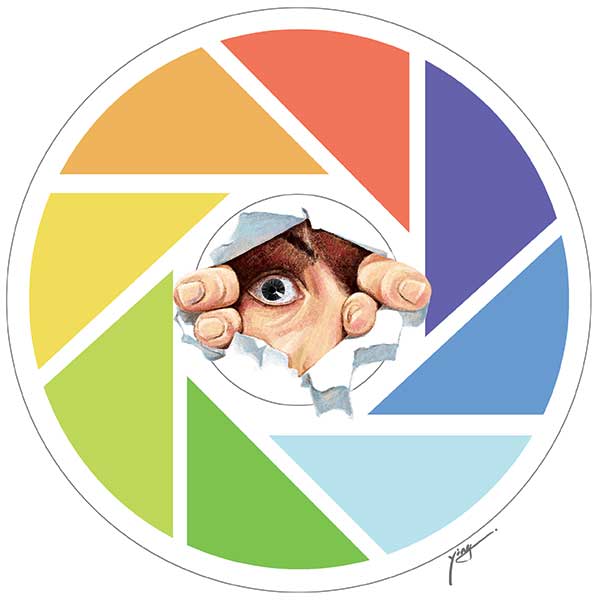Trash talk among 'friends'
 |
|
[Photo by Wang Xiaoying/China Dialy] |
The line between public and private blurs in cyberspace. Unless it is a one-to-one conversation, people should not assume what's said will remain confidential. Impropriety in virtual space will be taken likewise in the real world.
Does a student have the right to disparage a predecessor? Is there any etiquette regarding such matters? What if there is an online-offline toggle?
There seems to be a consensus that differences of opinion be respected, especially in academia where unconventional views sometimes lead to breakthroughs in research. As Sun Jiazhou says, "Everyone has the right to freedom of expression on WeChat and everyone else has the right to judge that."
Sun is the dean of the history institute at Renmin University of China. On Sept 20, he publicly announced that Hao Xianghe was no longer his student, thus ending their mentor-protege relationship.
The previous day, Hao had posted a comment to his WeChat circle, which included the following sentence: "I used to laugh at Professor Tian's coterie, Yan Buke and Han SF among others, who are either mediocre or traitors to their own race."
Tian, Yan and Han are all renowned scholars in the area of an ancient China dynasty. They are Sun's peers.
Sun says it was not the first time Hao had maligned others. He had reminded Hao to "be peaceful" and refrain from frequent attacks on others.
"I have been agonized by your posts. I do not ask you to agree with me, but I'll have to let you know of my anxiety," Sun wrote to Hao earlier.
















